For many years the Cambodian economy has been seen as a rising star in Southeast Asia and post-pandemic there remains buoyant optimism in the potential of the country as an investment destination.
With a huge delegation of international athletes in-country over the coming weeks for the SEA Games, and hopefully as many as half a million visitors who will travel to enjoy the sporting activities, it is timely to remind potential investors of the opportunities in Cambodia as the nation is probably misunderstood overseas.
The core key points often used to promote the Kingdom as an investment destination remains true:
- Consistent growth rates and tracking strongly post-pandemic in the region.
- Companies can be 100% foreign-owned in Cambodia and foreigners can 100% own certain properties.
- Fast rate of urbanisation.
- Favourable Investment Laws and new Trust Laws.
- Cambodia consistently ranks as an expat-friendly nation.
- Political stability.
- Ease of visas.
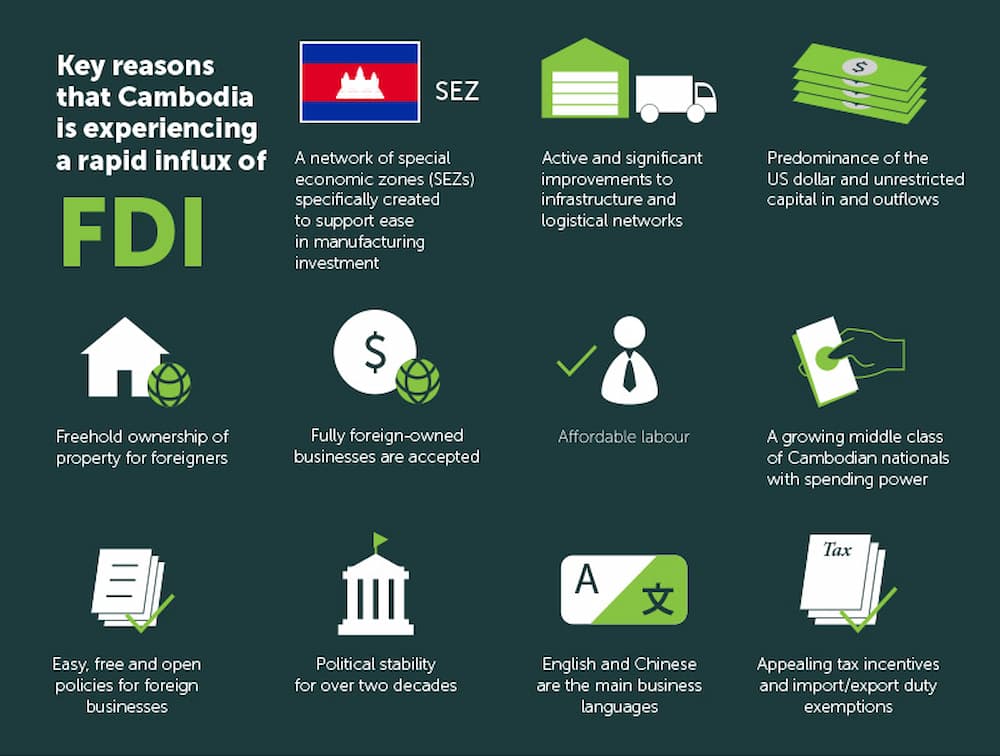
Changing The Perceptions of Cambodia
The economic maturity in Cambodia still relies heavily on the development of the financial markets and foreign direct investment. What has been noticeable since the travel restrictions eased is that an overwhelming number of visitors and investors to the country have shared an almost consistent surprise in the level of economic development that Cambodia has experienced.
The impact of COVID-19 has been undeniable to the Kingdom’s economy, but it remains a frontier market with a very positive macroeconomic outlook, a much improved and accountable banking and finance sector, diverse foreign direct investments, and there is a healthy return in the tourism & hospitality sector, while the real estate market correction have more realistically positioned the pricing of property.
Tom O’Sullivan, CEO of Realestate.com.kh said in a recent interview that Cambodia's consistent economic growth has solidified its position as a desirable destination for foreign realty investment.
He acknowledged that tourism remains a pillar of the economy and it helps drive real estate and real estate development but more needs to be done to encourage tourism to the country. “Once you get a delegation to the country, the reaction is remarkable once they see how developed Cambodia actually is. The return of tourism has already impacted positively on the real estate market and changing perceptions of the country internationally is key to this.”
Potential Of Real Estate In Cambodia
Cambodia is more than just Phnom Penh or Angkor Wat, the key investment locations are Phnom Penh, Sihanoukville and Siem Reap. The range of investors come from many different nations too.
Most retail international property investors in Cambodia are focussed in Phnom Penh, and condos are the main target due to the ease of owning them as a foreigner but the Trust Laws have resulted in more looking at land and other types of properties and in May 2023, Sok Dara, Director General of the Trust Regulator said funds invested in the trusts will soon reach the $1 billion.
Historically, Chinese, Japanese, and Koreans have been the main buyers but there are also many from the US, Europe, Singapore, Malaysia and other ASEAN nations.
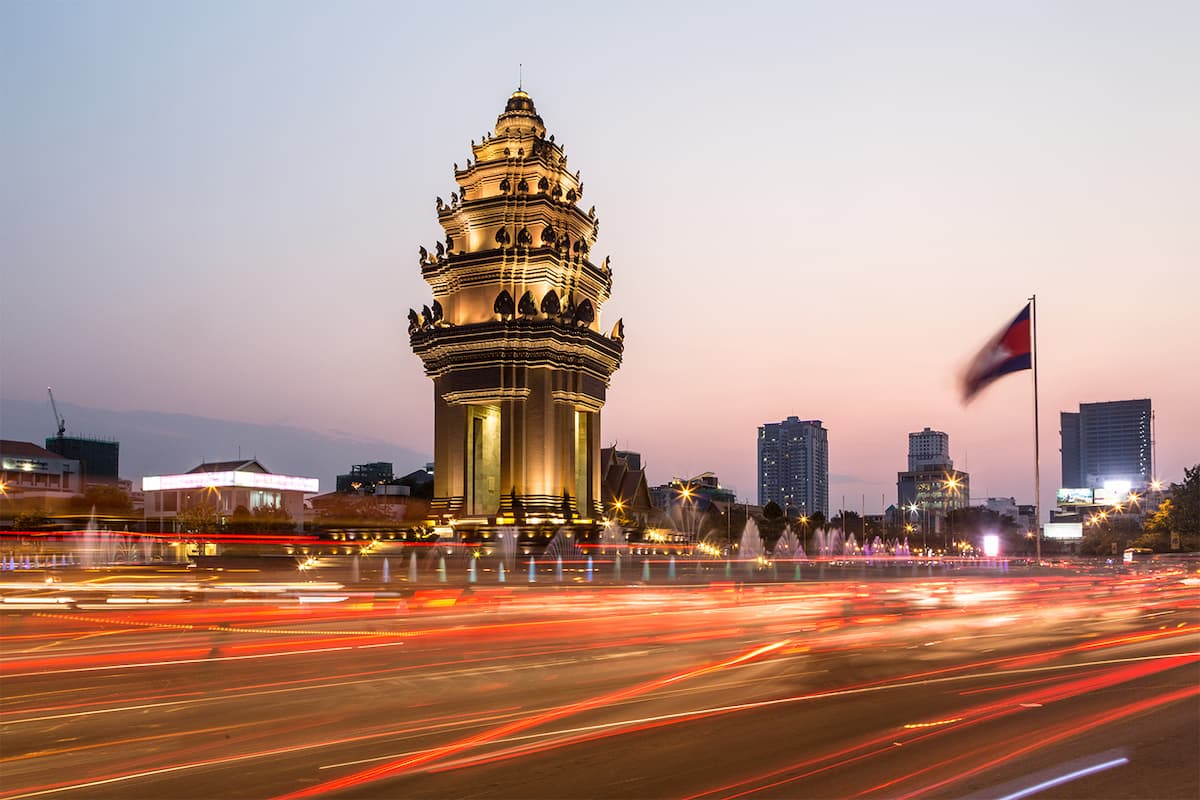
In the commercial space, most investment is still from the Chinese and Japanese but there is increasing interest from India, Indonesia, and the Middle East - new embassies opening up are a good sign and indicator of potentially opening up investment avenues.
Some general positives for the Cambodian real estate sector:
- Potential for growth due to the country's young population and increasing urbanisation.
- Real estate development influenced infrastructure and tourism.
- Increasing diversity of interest from countries like India, Indonesia, and the Middle East, indicates the potential for growth and investment opportunities.
Siem Reap
O’Sullivan confirmed that most investment is in the capital but successful property projects are in Siem Reap too. Developers are limited by the fact that they can not build beyond the height of Angkor Wat. These limitations make it less attractive for some developers but the regulations maintain the uniqueness of Siem Reap and it's been a key selling point for tourism.
The new airport in Siem Reap is due to be operational in 2023 and its impacts are aspirational but it is difficult to predict the exact growth potential as well as the positive effects for tourism and real estate.
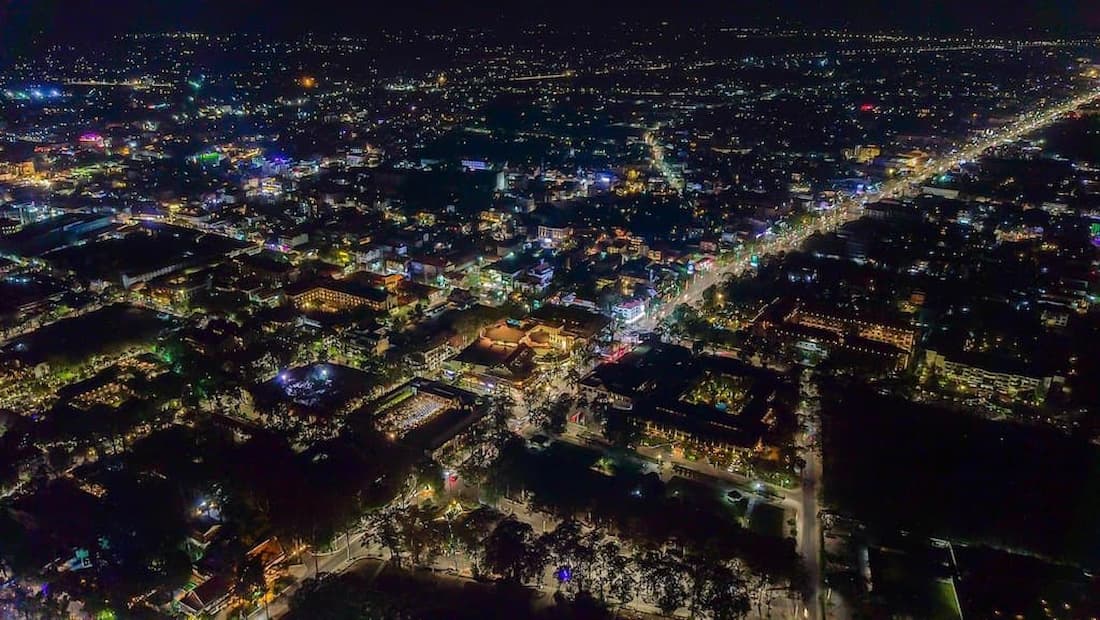
Sihanoukville
We recently outlined the plans to address the building issues in Sihanoukville. What is dubbed Operation UB (Unfinished Buildings), all buildings which are incomplete and 5 floors and above have been identified and the process of ensuring ownership is underway. Once the process has been completed, the plan is to provide favourable terms to local and international investors to take over and complete the projects, and this could see renewed interest in the coastal city.
Although many grand projects are underway, the Cambodian coastline remains somewhat underdeveloped compared to other countries in the region and there is still a lack of beachside resorts and activities etc. The new projects on several islands, in Kep, and the Canopy Sands project should create job opportunities in the construction, hospitality, and tourism sectors.
The Phnom Penh-Sihanoukville Expressway has already contributed to the city's revival and a dramatic increase in domestic tourism.
Investors Expectations
The pandemic resulted in a market correction which was possibly needed as pre-pandemic, property prices may have become unrealistic. Prices in 2023 are arguably more reflective of the property’s location, and the build quality, and in line with expectations. With continued investment (and there are short-term pressures) asset-rich and affluent investors will drive the market. The pricing also means the property market is now within reach of the growing Cambodian middle class who are looking to buy.
Buyers who previously expected a return of investment from 5-8% from rentals might need to wait as this may not happen in the short term. However, with more young Cambodians moving to a city like Phnom Penh, there will be a market and demand.
For the developers, they need to better understand the target market and pricing needs to reflect this. For investors, it's still a buyer's market if buyers have cash in hand and have long-term aspirations.
O'Sullivan concluded: “For anyone overseas or visiting now for the SEA Games, I just really encourage them to come and have a look. Once someone lands in Cambodia it really opens their eyes to how developed the country is, and regardless of what type of visitor you are; business, tourist, family - there is something for everyone in Cambodia.”
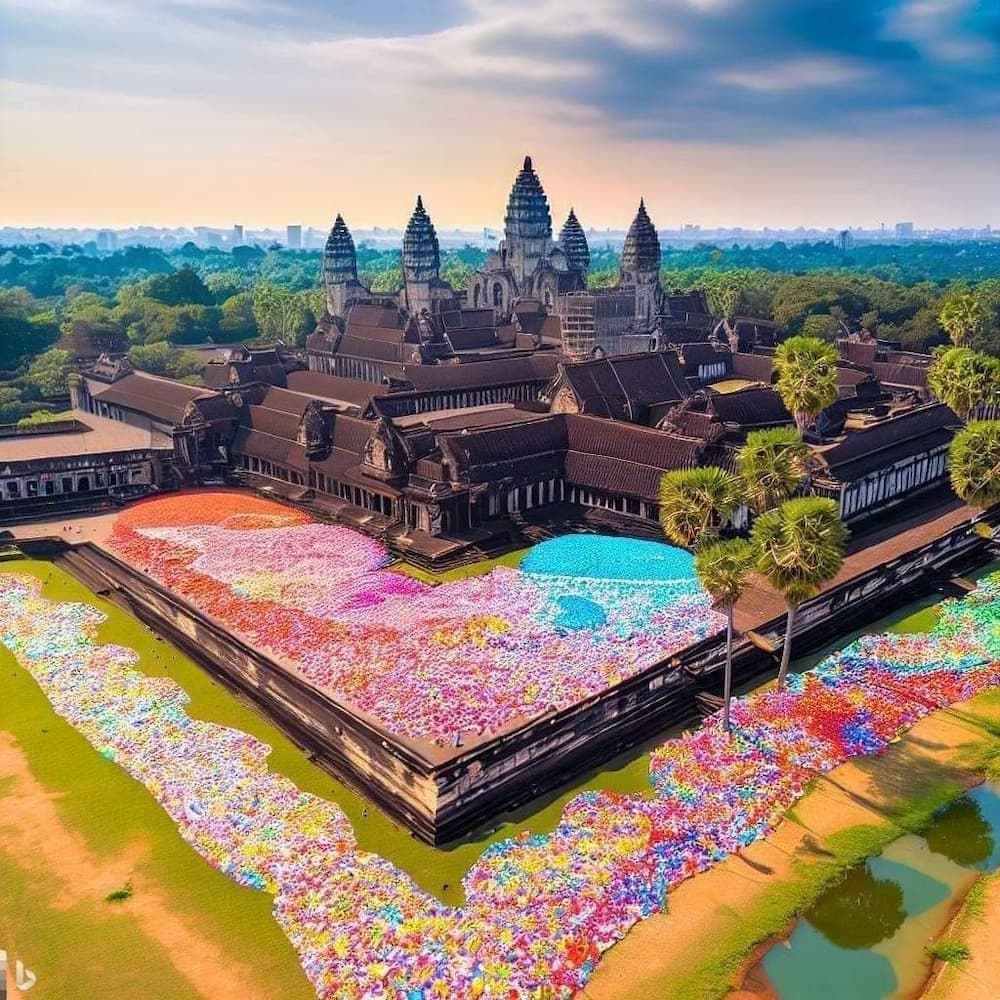


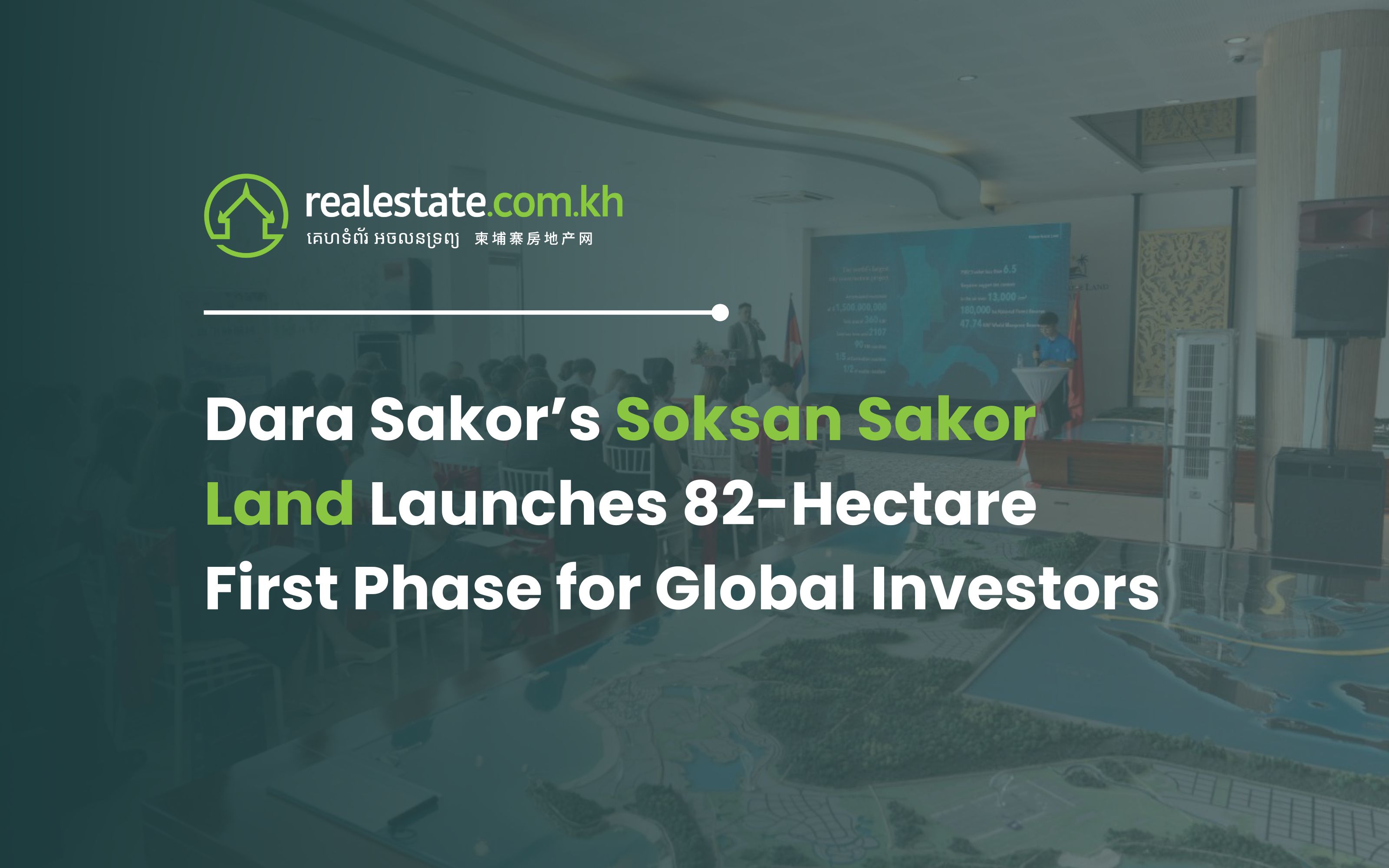
Comments